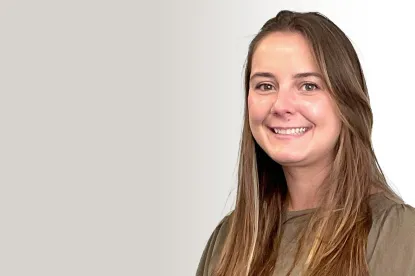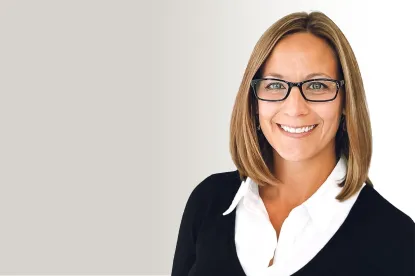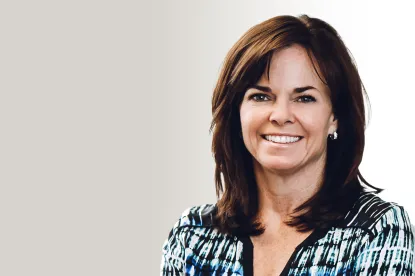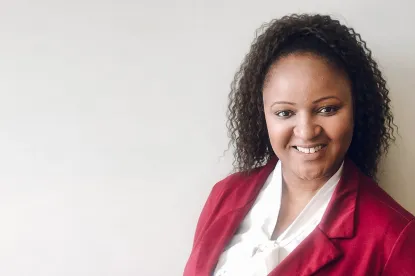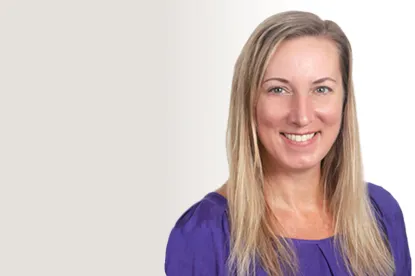The SSC is a focused, 60-minute meeting with a skilled Ross Center mental health clinician. It’s designed to help you take practical, meaningful steps toward addressing a specific challenge.
Together with your clinician, you’ll identify a clear goal and collaborate to create a concrete, step-by-step plan tailored to your needs.
By the end of the session, you’ll leave with a personalized action plan that draws on your strengths and support systems to help you move forward with confidence and clarity.
Your session will be scheduled within 48 hours with a licensed Ross Center mental health clinician who has undergone specialized training by Dr. Schleider, the founding director of the Center for Scalable Health at Northwestern University. Many of our psychiatrists, psychologists, therapists, and social workers have been trained in SSC.
How Can a Single Session Consultation Help?
- Create a practical, step-by-step plan for moving forward.
- Feel empowered with the belief that you have agency and the ability to create positive change.
- Develop strategies to confront obstacles that get in the way of achieving your goal.
- Reduce feelings of anxiety, hopelessness, and distress.
A Single Session Consultation May be Right for You If:
- You’re struggling with a problem and don’t know how to handle it
- You are seeking support for a concern that you want to take care of right away
- You’re on a waiting list for treatment but you want a plan for right now
- You’re not looking for ongoing therapy
- You’re scheduled for therapy in the future, but want help for an important issue right now
- You’re already in therapy, but want to manage a problem in-the-moment and can’t wait for your next scheduled appointment.
- Your schedule is too busy to consider weekly sessions


